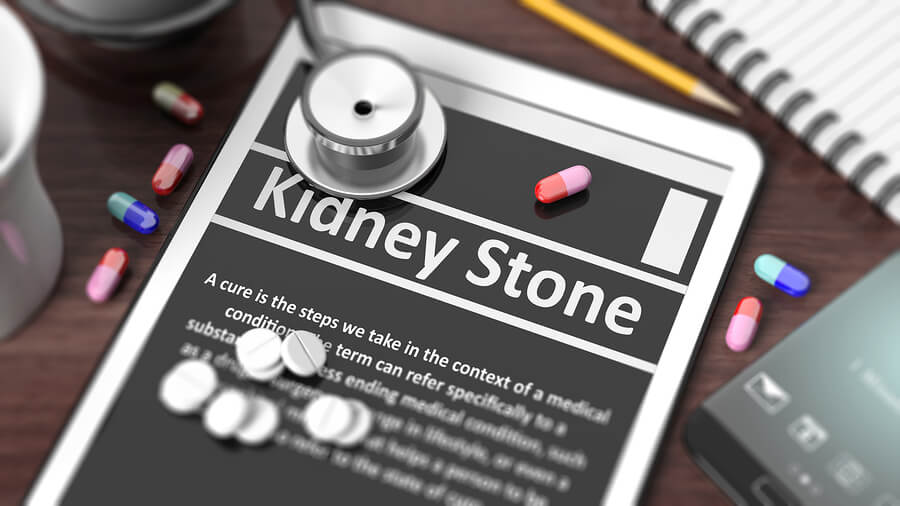What are Kidney Stones?

At MD Senior Living we take a special interest in making sure our residents’ health and well-being are our top priority. Dr. Reyes, one of our board-certified Nephrologists, discusses kidney stones and how they can be prevented.
Kidney stones are much more common than you might think – occurring in almost one in ten people during their lifetime. They can be a significant source of pain and can be of any size and shape. Many people can have them for years and never know they’re there. Small stones can pass through your urinary tract without many consequences. Even bigger ones can stay in place within the kidney without symptoms. Larger stones that move out of the kidney can get trapped in the ureters (a tube that drains urine from the kidney down to the bladder) and cause symptoms. When a person passes a stone, there can be back or side pain, blood in the urine, and even nausea or vomiting. If urine flow is obstructed for a long period of time an infection in the kidney can develop.
What causes stones?
Stones are made of many different substances – typically calcium. Certain medical conditions, diets, or medications can put you at a higher risk of developing one: including high blood pressure, obesity, diabetes, gout, inflammatory bowel disease, parathyroid diseases. Certain medications like diuretics (water pills), calcium-based antacids (used to treat osteoporosis), some seizure medications, certain antibiotics, as well as others, have all been known to cause stones. Following a diet that includes high amounts of the substances that form stones (i.e. phosphates found in meat, fish, beans, and other protein-rich foods), or diets high in sugars, etc, can increase your risks.
How can you prevent stones?
There might be certain foods, drinks, or home remedies that help decrease the risk of kidney stones and others that are really just myths. Cranberry juice can help prevent urinary tract infections but not stones. Apple cider vinegar may not be as helpful as people think. Lemon juice is rich in citrate, a component that prevents kidney stones from forming. Several citrus fruits including lemons, oranges, and melons have this. Coffee may decrease your risk of developing kidney stones.
The most important measure that a senior can take to prevent stones is drinking water. Drinking at 6 to 8 oz glasses every day (about 64 ounces). Hydration helps urinate more often, which basically flushes away the deposits of substances that cause kidney stones. If you sweat a lot, as you do in the Arizona weather, drink more. Avoid soda and other drinks with added sugar or fructose corn syrup as they can increase the risks. Also, keeping a healthy weight, taking appropriate medications depending on your condition, and following a low salt diet can all help prevent stones. There is much more to Kidney stones than this quick summary, but hopefully this can open your eyes and make you aware of little changes that can be done to decrease your risks.
At our group of homes at MD Senior Living, we keep a close eye on our residents and especially their hydration status. Our caregivers make healthy low sodium meals, encourage fluid and help keep our residents in tip-top shape!

Dr. Andreas Reyes






Leave a Comment